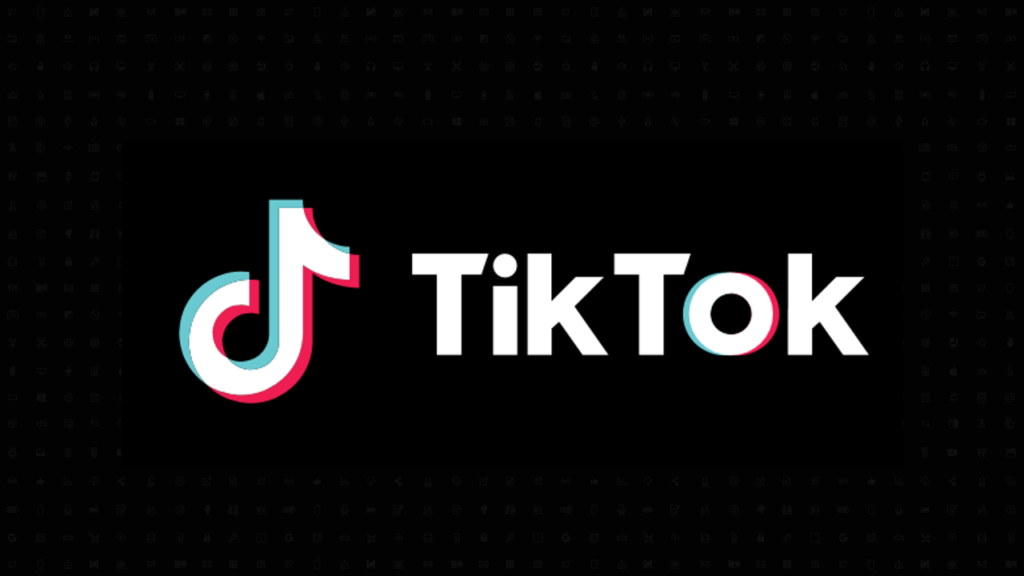U.S. President Donald Trump has confirmed that a group of high-net-worth investors is prepared to acquire TikTok, the popular short-video platform currently owned by Chinese tech giant ByteDance, amid ongoing concerns over national security and foreign influence in the United States.
Speaking during an interview on Sunday Morning, Trump revealed that the buyers are “a consortium of affluent individuals,” although he refrained from disclosing specific identities. He assured that the names of the investors would be made public in the coming weeks.

The development follows persistent pressure from U.S. lawmakers and federal regulators who have expressed alarm over ByteDance’s data handling practices and the potential for Chinese government interference. A law passed by Congress mandates that ByteDance must divest its U.S. operations of TikTok or face a nationwide ban.
The law was initially scheduled to take effect on January 19, 2025, a day before what would have been Trump’s second presidential inauguration had he won re-election. Although he initially supported strict action against the platform, Trump later opted for a more measured approach due to TikTok’s massive popularity, especially among younger Americans.
In mid-June, Trump extended the divestment deadline by 90 days, the third extension since the legislation was introduced. He noted that the transaction would require not only significant financial backing but also clearance from Chinese authorities, given the sensitive geopolitical context.
“The deal might be slowed down by China-U.S. trade tensions, but it’s progressing steadily,” Trump said.
Analysts suggest that beyond security concerns, the ongoing debate over TikTok reflects broader geopolitical maneuvering between the U.S. and China, and underscores the complex intersection of national security, commerce, and digital culture.
While Trump acknowledged national security risks, he also cited the app’s effectiveness in engaging young voters during his campaign—a demographic that has historically been difficult for Republicans to reach through traditional media.







